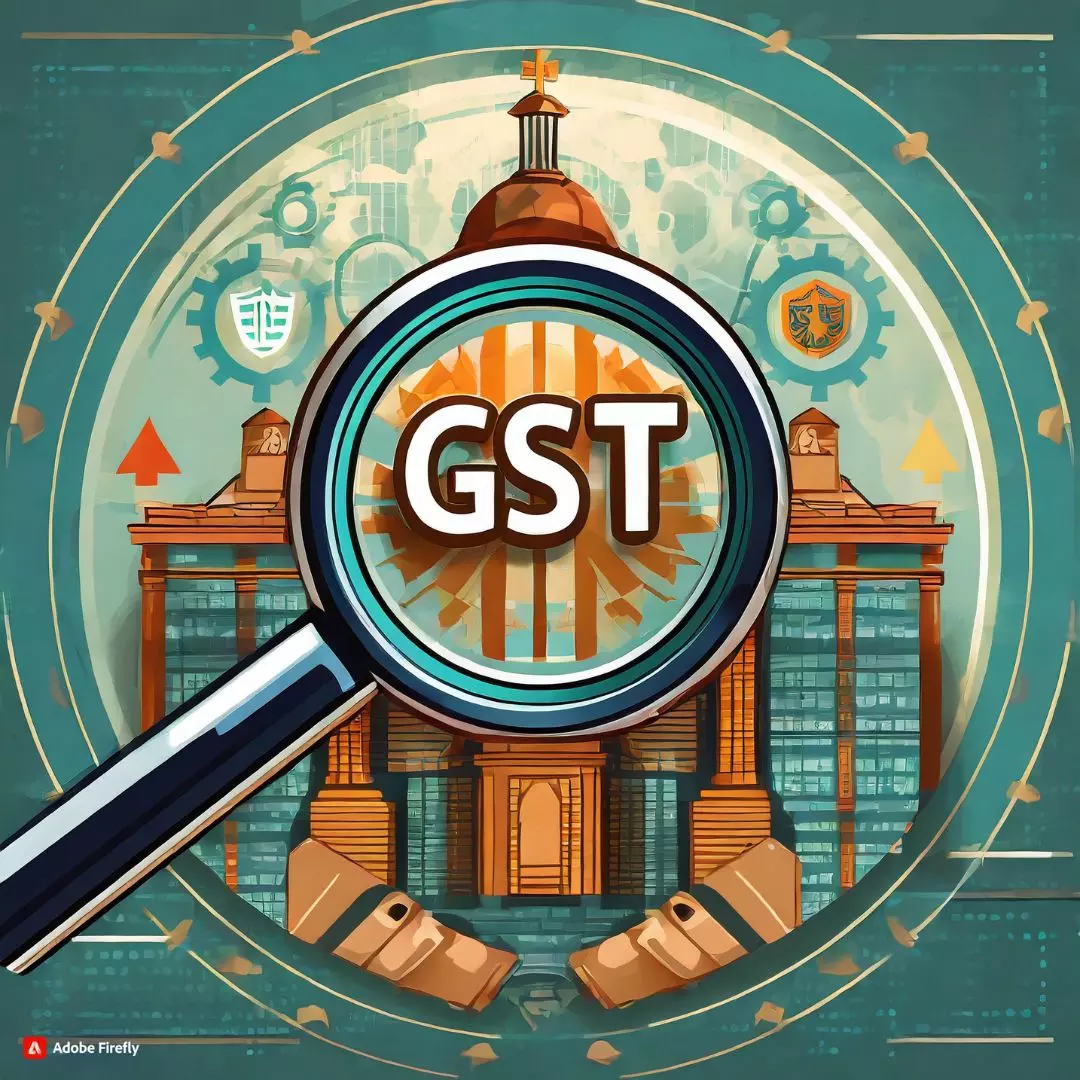In a sweeping move to combat fraudulent activities within the Goods and Services Tax (GST) system, the government announced on January 7 a significant breakthrough in identifying 29,273 bogus firms engaged in suspected Input Tax Credit (ITC) evasion. This revelation comes after an exhaustive eight-month effort by GST officers to combat fake registrations, reflecting the government’s commitment to curbing tax evasion and maintaining the integrity of the GST system.
During the October-December quarter, authorities identified 4,153 suspected bogus firms allegedly involved in ITC evasion, totaling around Rs 12,036 crore. Central GST Authorities played a crucial role in detecting 2,358 of these identified bogus firms.
The state-wise breakdown revealed Maharashtra topping the list with 926 identified firms, followed by Rajasthan with 507, Delhi with 483, and Haryana with 424. In the battle against these nefarious activities, the government’s actions resulted in saving a significant revenue of Rs 4,646 crore, highlighting the impact of stringent measures against fraudulent practices as reported by MoneyControl.
In Maharashtra, during the December quarter alone, the suspected tax evasion by 926 bogus firms amounted to Rs 2,201 crore. Similarly, in Delhi, the suspected tax evasion by 483 bogus firms was Rs 3,028 crore. These figures underscore the magnitude of suspected fraudulent activities and the financial implications involved, underscoring the importance of robust enforcement measures to curb tax evasion within the GST system.
Combating Fraud In Compliance
The Finance Ministry reported that since the initiation of the special drive against fake registrations in mid-May 2023, a total of 29,273 bogus firms involved in suspected ITC evasion of Rs 44,015 crore have been detected. Out of this, Rs 3,802 crore has been blocked by way of ITC, and Rs 844 crore has been recovered. Notably, 121 arrests have been made in connection with these cases, with 31 of them carried out by the Central GST Authorities.
In a concerted effort to combat fraud in Goods and Services Tax (GST) and strengthen compliance, GST formations under the Central Board of Indirect Taxes and Customs (CBIC) and various State/UT governments across the country are conducting a targeted drive.
To fortify the GST registration process, the government has implemented various measures. Biometric-based Aadhar authentication pilot projects have been launched in Gujarat, Puducherry, and Andhra Pradesh. This move aims to enhance the registration process, bolster security, and mitigate risks associated with fraudulent registrations within the GST system.
The government’s resolute crackdown on fraudulent firms engaging in GST scams is a significant step toward preserving the integrity of the tax system. The identification of 29,273 bogus entities, the substantial tax evasion amounts involved, and the subsequent arrests underscore the gravity of the issue. As the government continues to implement stringent measures and innovative solutions, it sends a clear message that tax evasion within the GST framework will not be tolerated, safeguarding the nation’s revenue and upholding the principles of fair taxation.
Also Read: Navigating The Digital Landscape: Unveiling The Antidote To Digital Addiction











